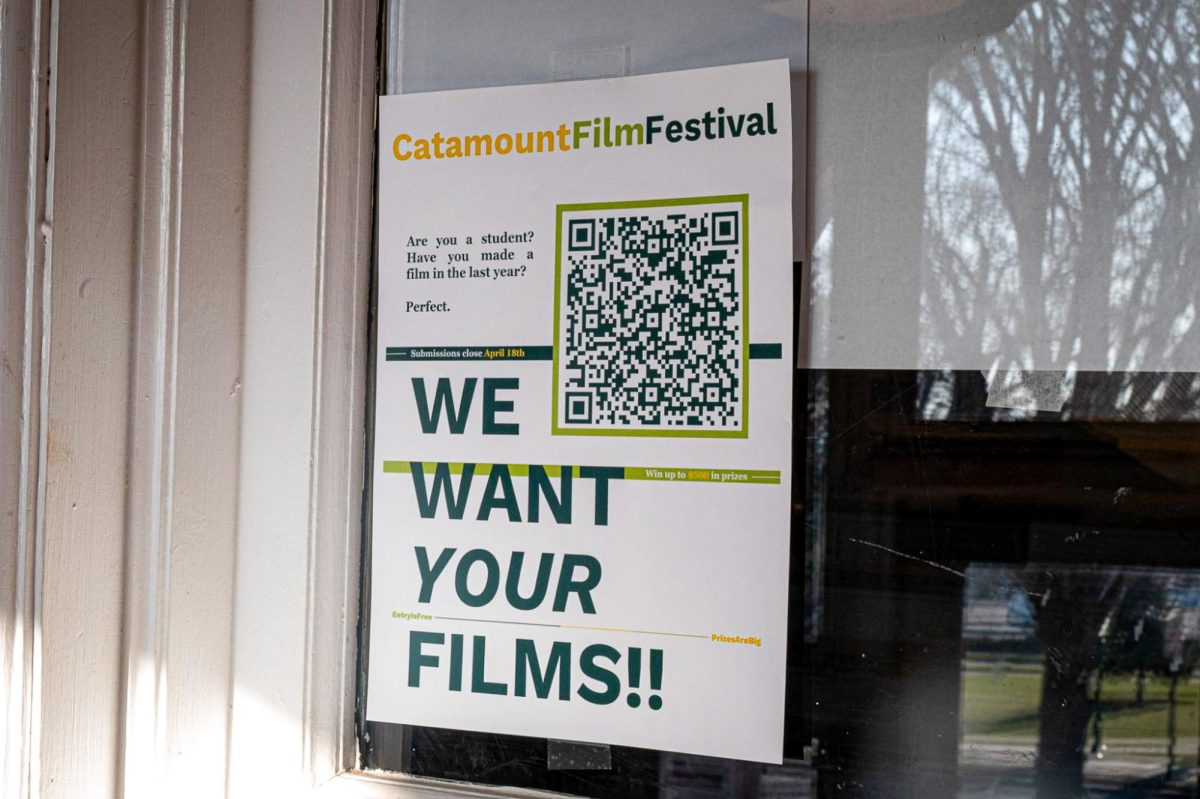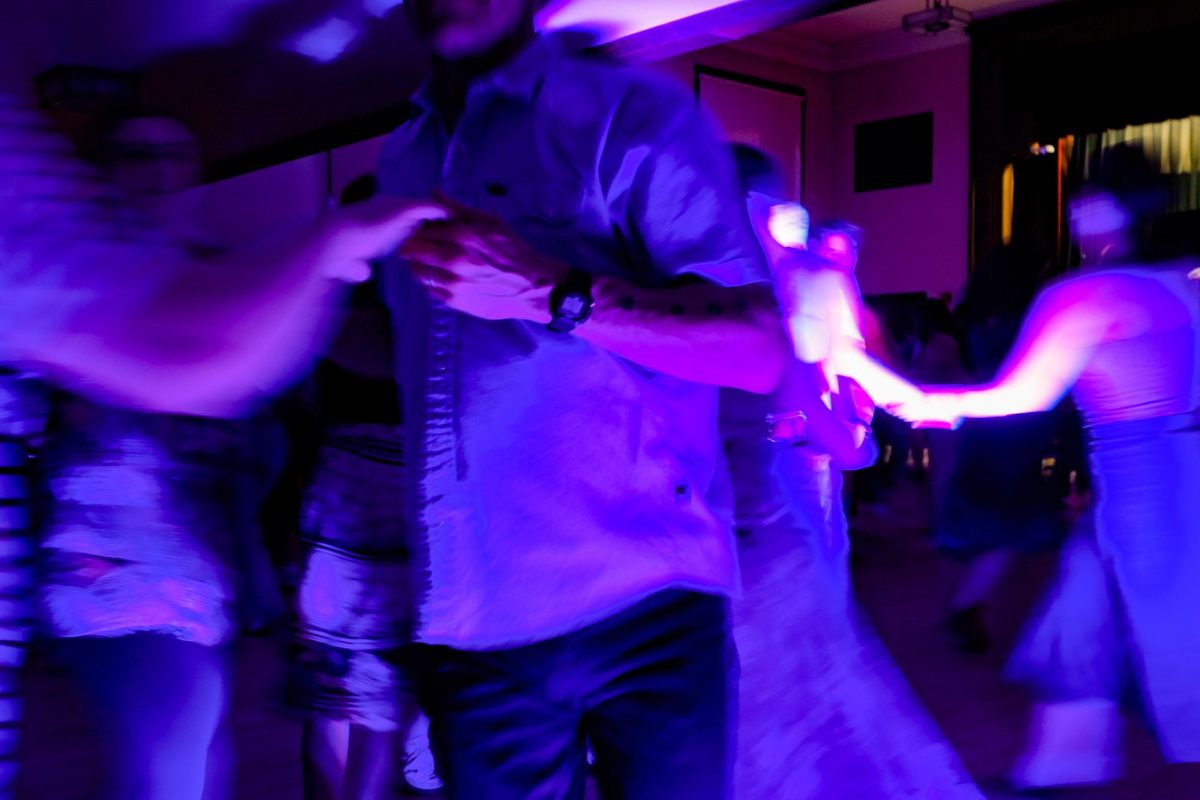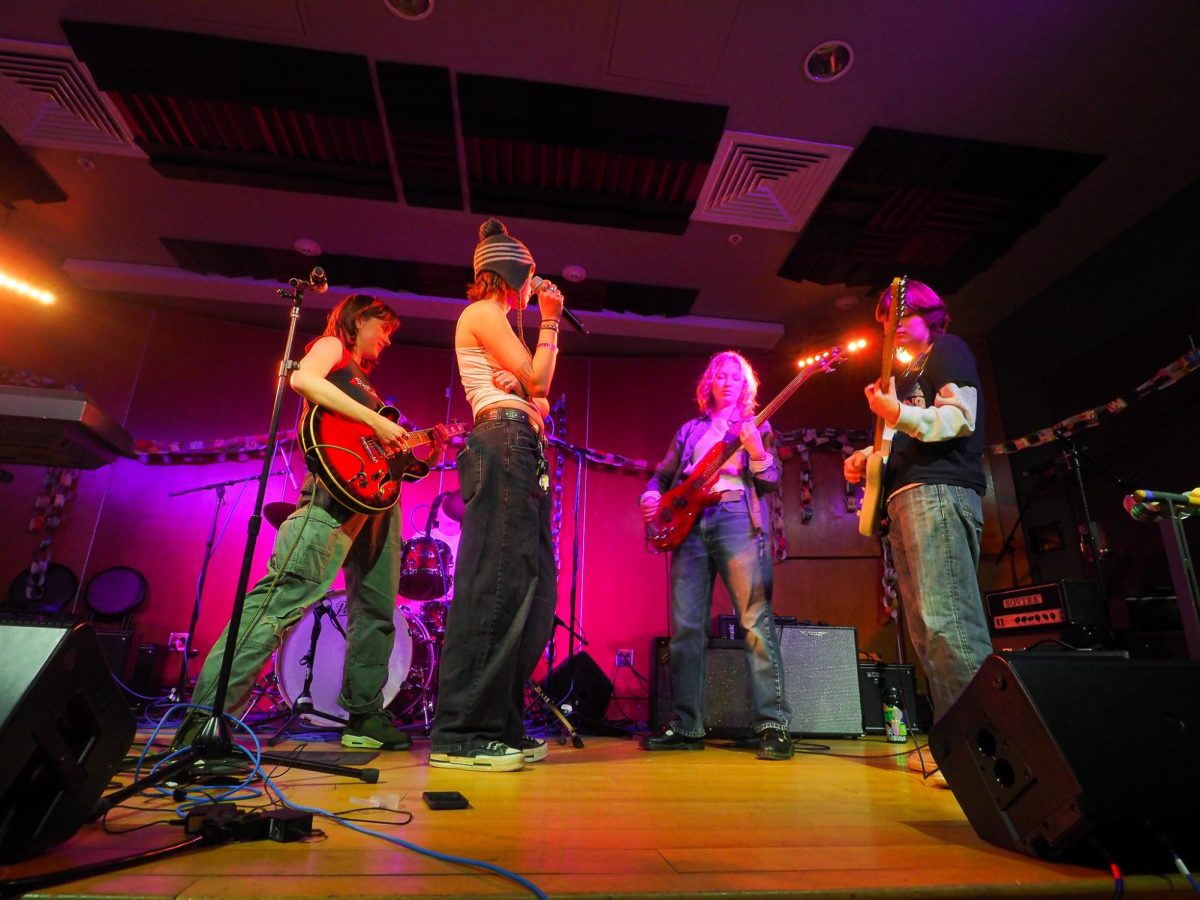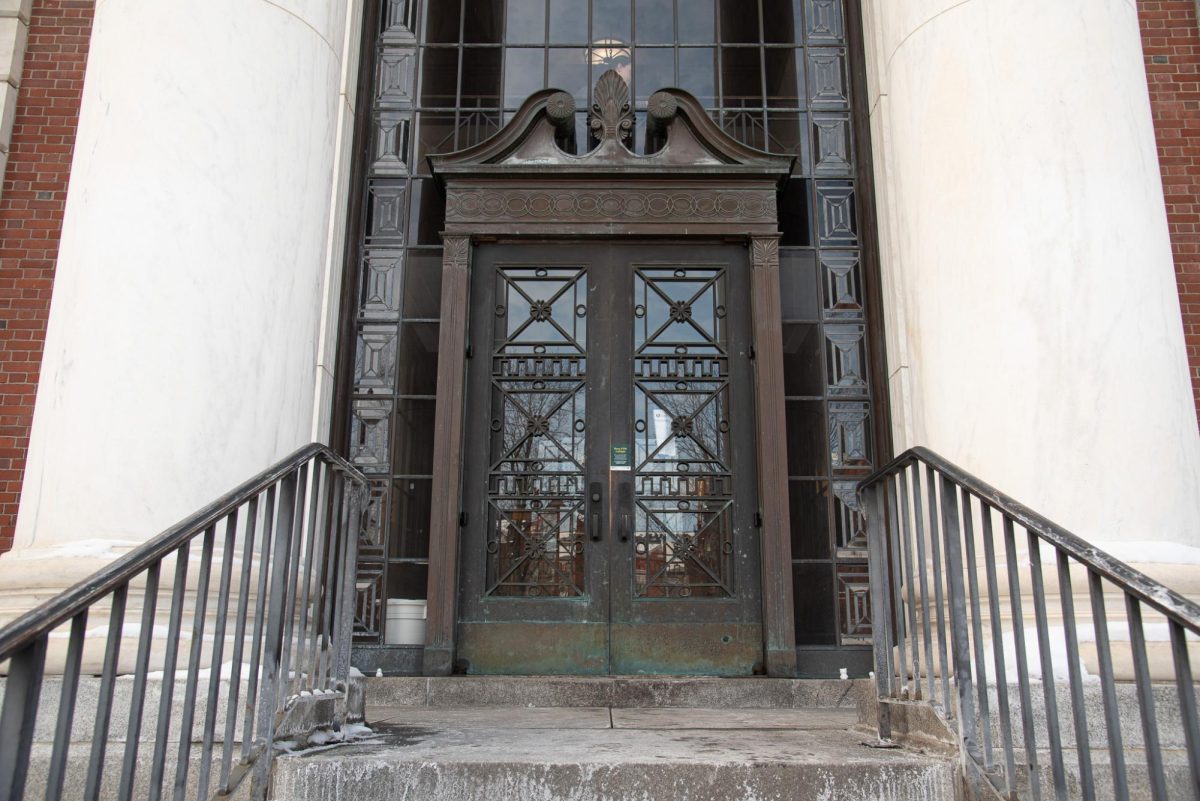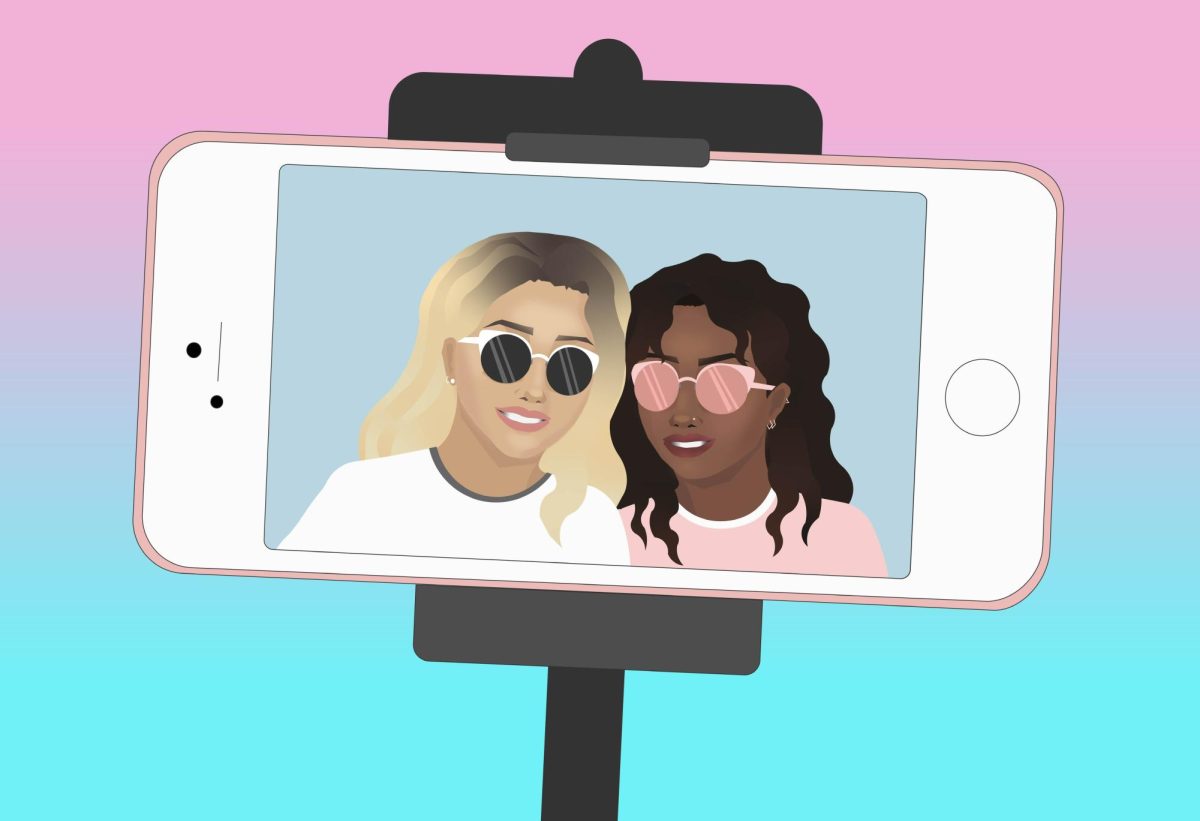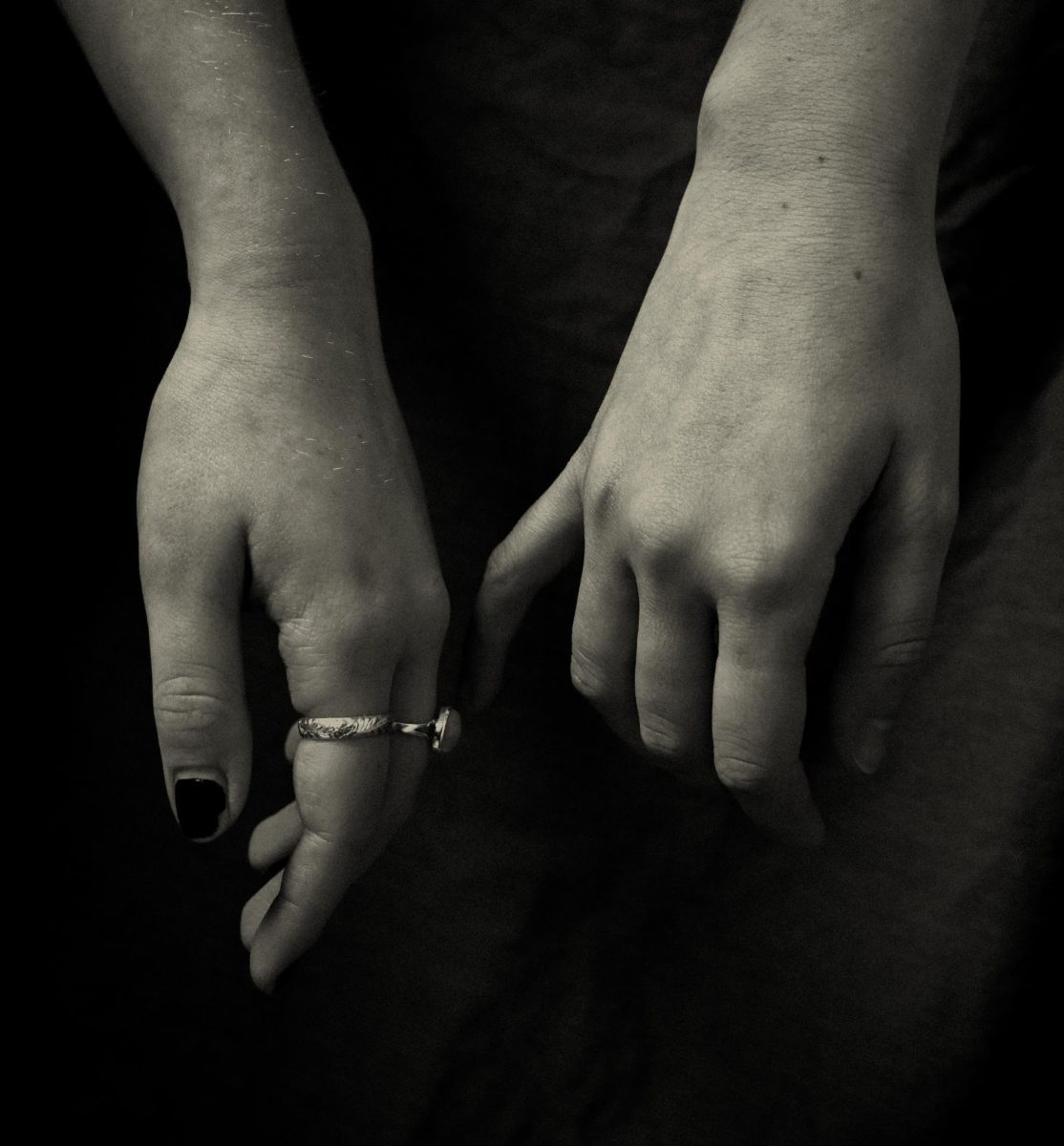The Cherokee Nation has held the power over sanctifying the marriages of its people for many years. It was a respectful way for Oklahoma to allow the Nation freedom on such an important matter as marriage.
However, “on December 22, 2005, the Judicial Appeals Tribunal of the Cherokee Nation, the highest Cherokee court, rejected an attempt by several tribal council members to invalidate the marriage of Cherokee citizens Kathy Reynolds and Dawn McKinley, who are represented by the National Center for Lesbian Rights ( NCLR).”
The Cherokee Nation’s new decision to allow same sex marriages has created a stir in Oklahoma. If Kathy and Dawn’s marriage is approved it would mean that there was a federally accepted same-sex marriage, which could have strong implications for the Cherokee’s sovereignty and same sex marriages across the country.
Native Americans have gone under generations of suppression since colonials first came to the United States in 1492. The colonials wanted to destroy the “primitive” tribal life style of the Native Americans, and substitute it for their more “civilized” customs and religions. The colonial’s succeeded to the point that some modern Native Americans have taken these beliefs on as their own. Homophobic tendencies are one of the traits passed to Native Americans from colonials.
Prior to colonization, gender was viewed as something not determined by ones physical body, but by their nature. It was common to have men who preferred the work of a woman, and vice versa.
These people were considered sacred within these societies because they did not have the traditional taboo’s that man and women did.
“It is documented that both gender different men and women participated in traditional same sex marriages,” says Brian Gilley, an Anthropology professor here at the University of Vermont.
Professor Gilley, a member the Cherokee Nation, actually wrote an affidavit which outlines the historical evidence of gender different people in Native American society and same sex marriage.
The attempts to invalidate the marriage were made by some members of the Tribal Council, who were stating that under Cherokee law same sex marriages were not allowed.
This was refuted by Brian Gilley’s affidavit, which gave substantial evidence that this was not the case. It is understandable for the Tribal Council to be weary when it comes to such a decision.
One elder said “White people think badly enough of us now, why would we add more to that by accepting homos?” It is an interesting point, because after all the years of suppression, it would be surprising if Native Americans wanted to add further to their subjection by accepting same sex marriages.
In fact it makes more sense that Native Americans would have a harder time accepting same sex marriages than westerners because of the political repercussions that will surely come with the acceptance.
Regardless, Kathy and Dawn are now free to submit their marriage certificate to have it approved by the Cherokee Nation. Because of the past conflicts there is a chance that Kathy and Dawn may want to just live quietly, and decide against getting their marriage approved.
Nevertheless, this conflict has raised more than just a few inquiries into the Cherokee Nation and it’s sovereignty; hopefully none that will put it in jeopardy in the future.






